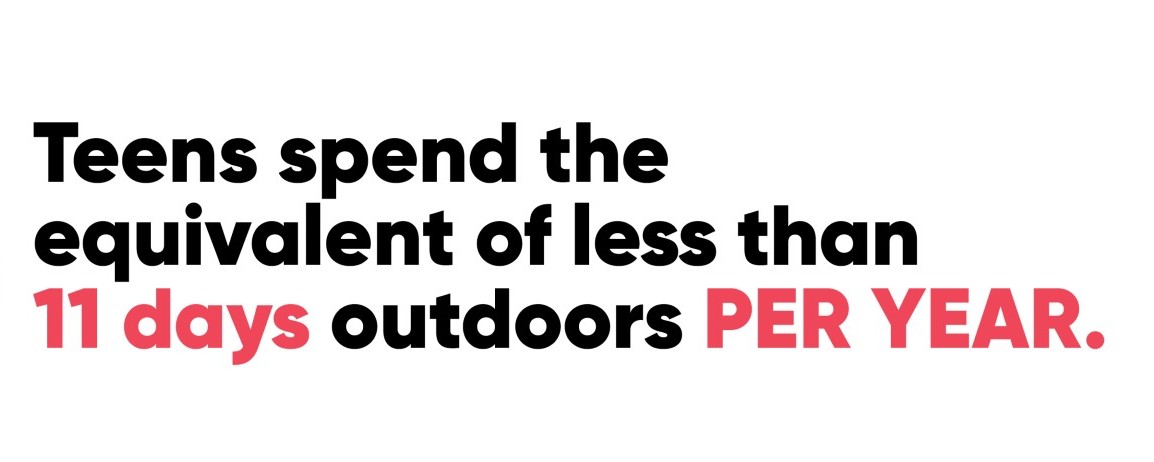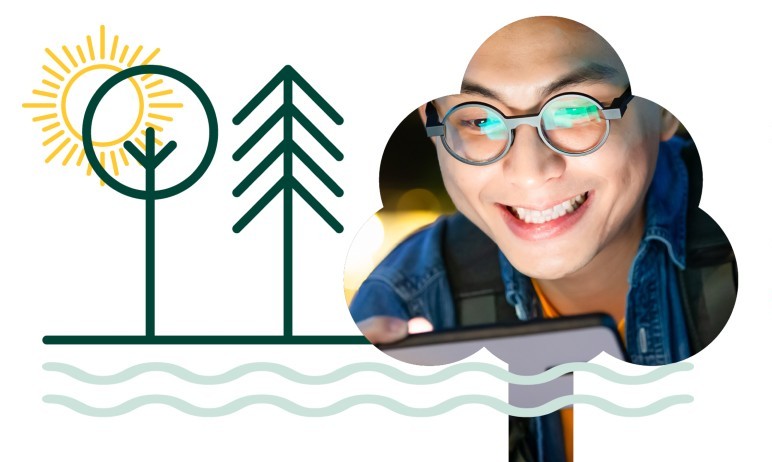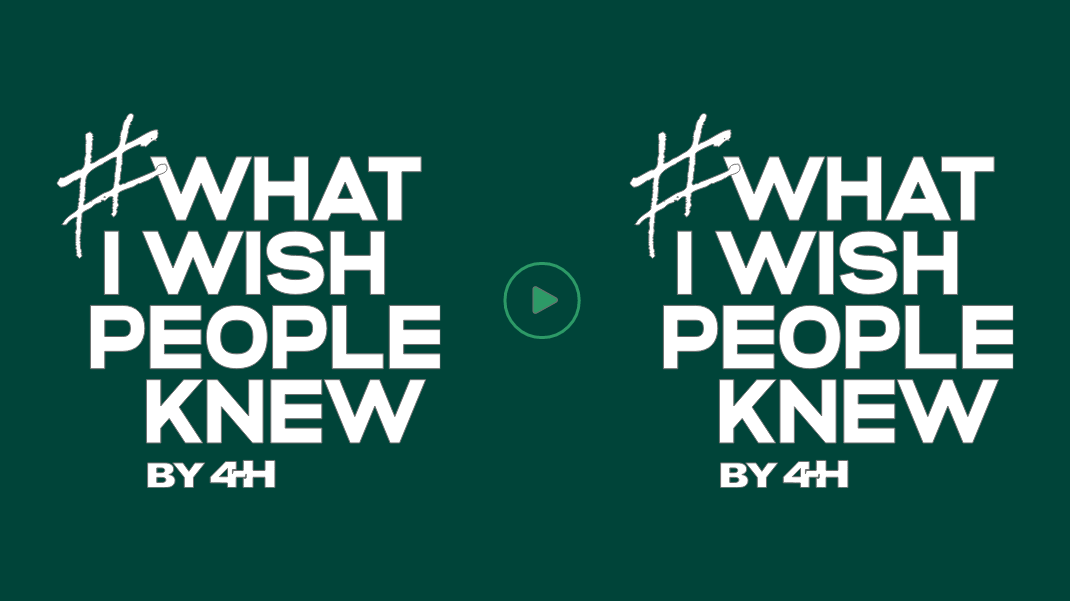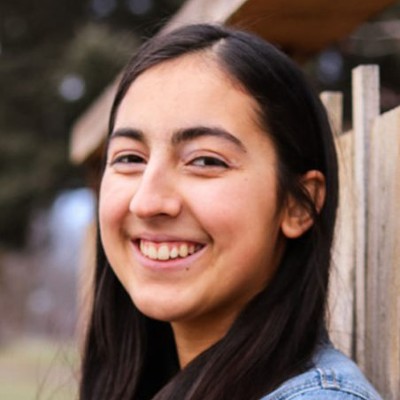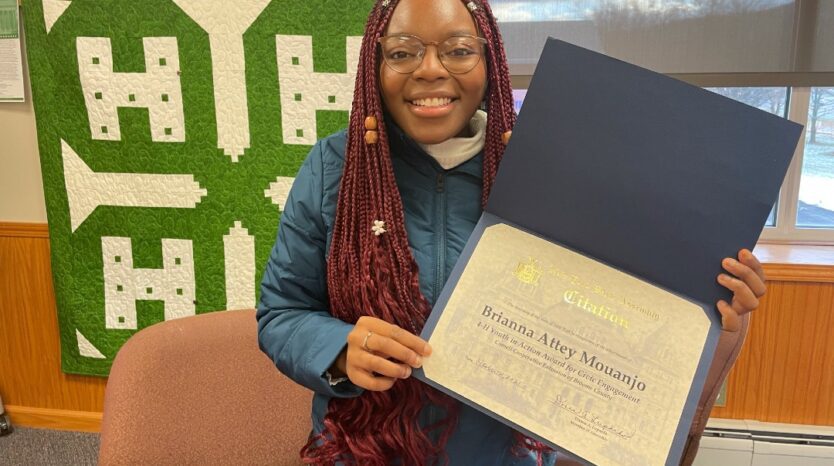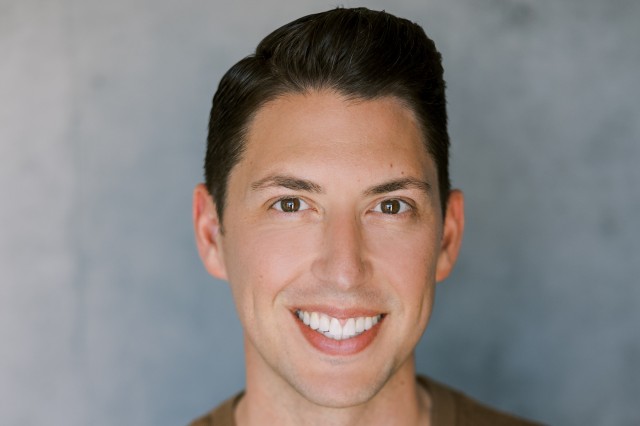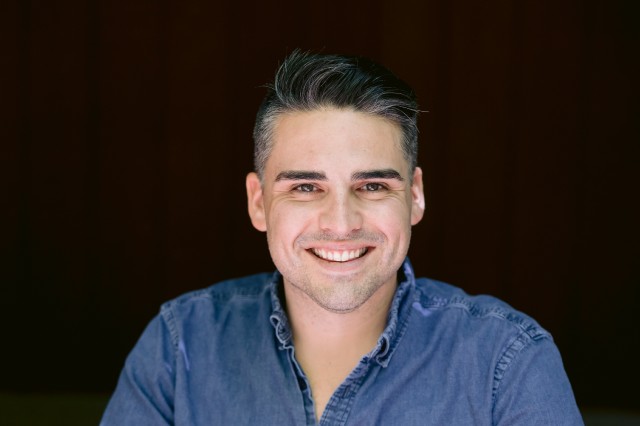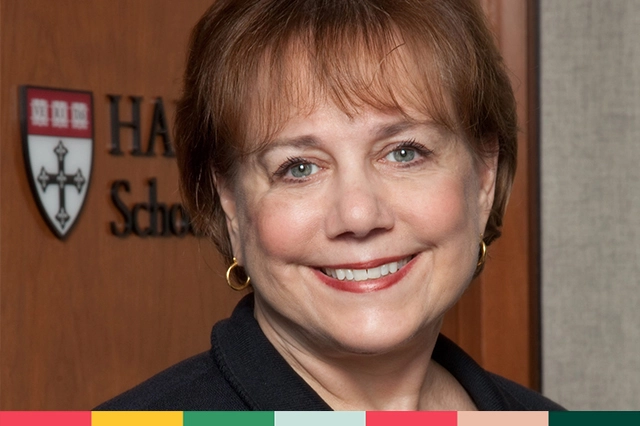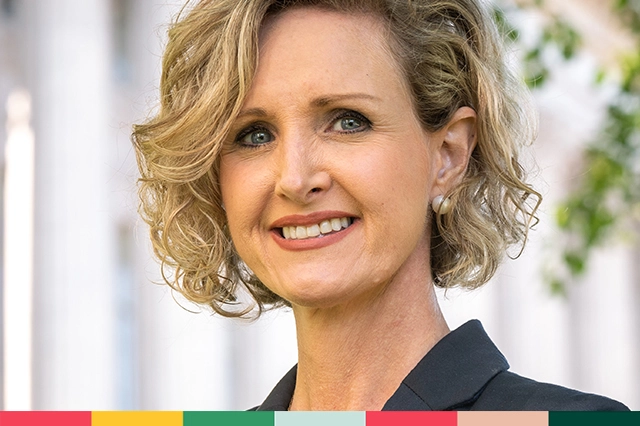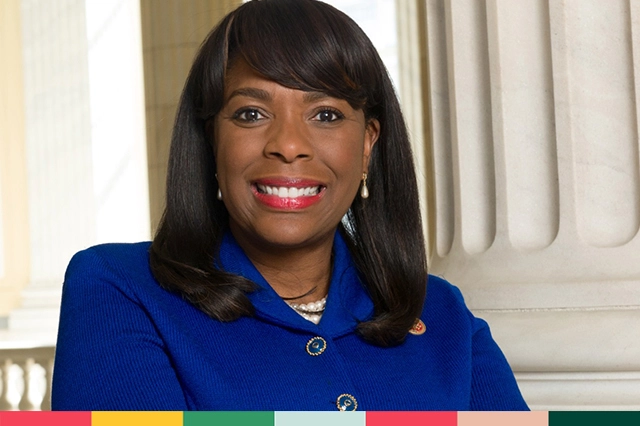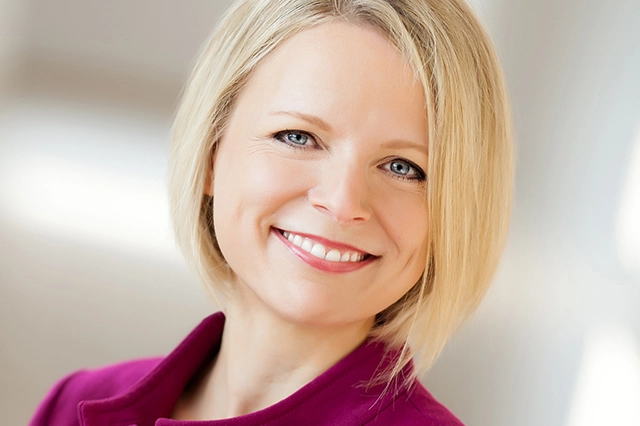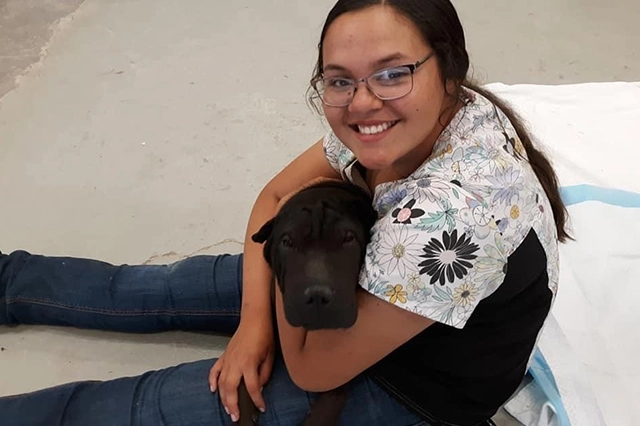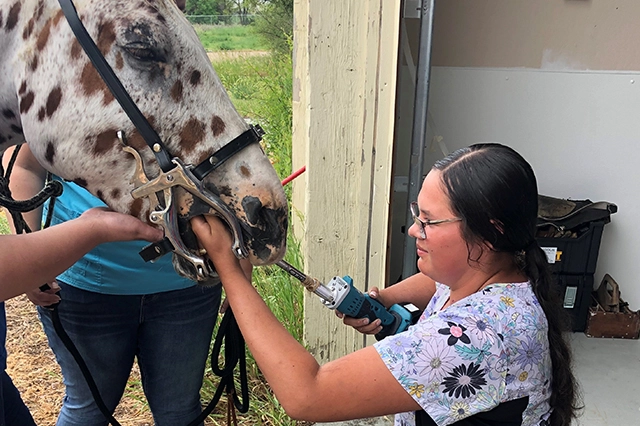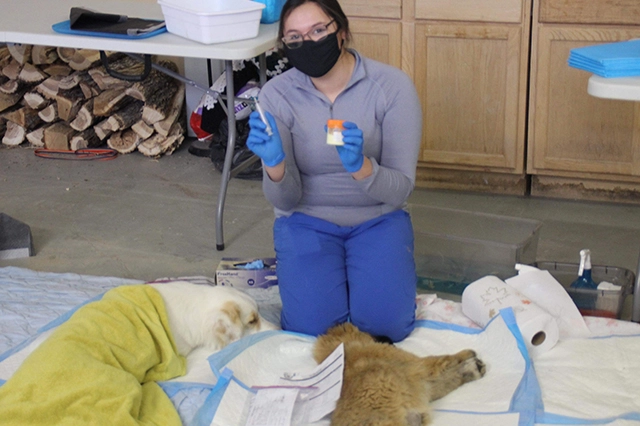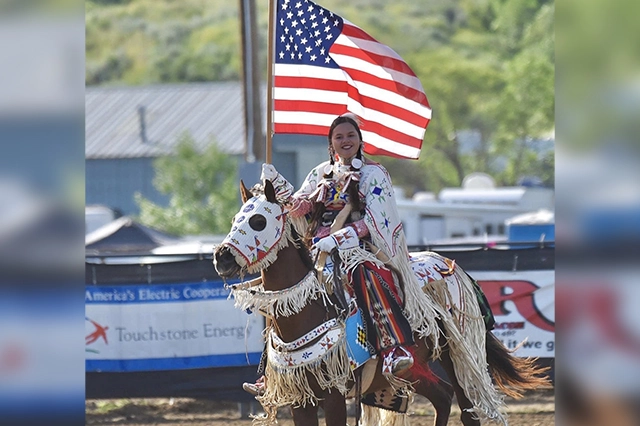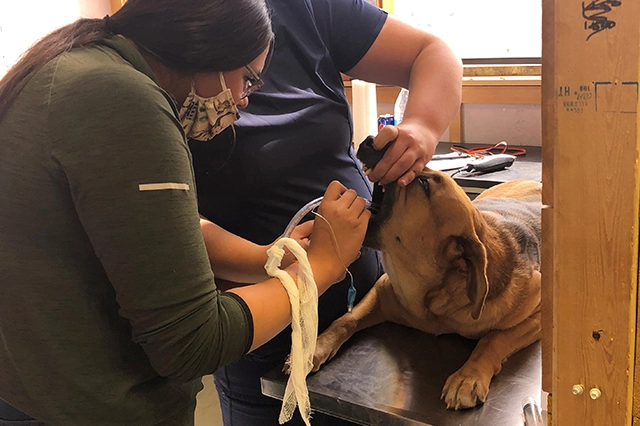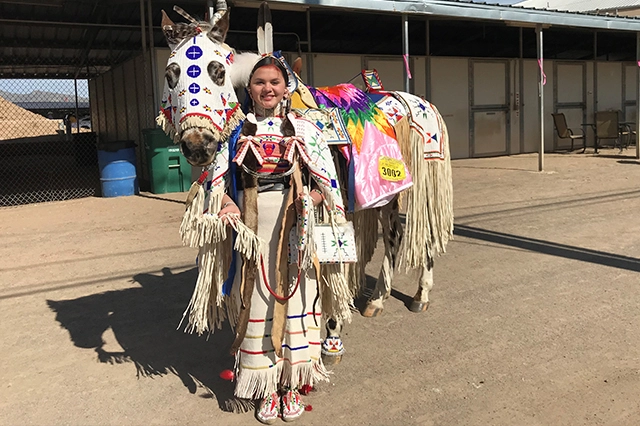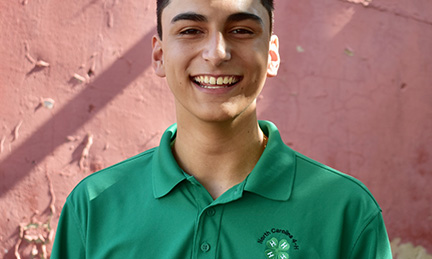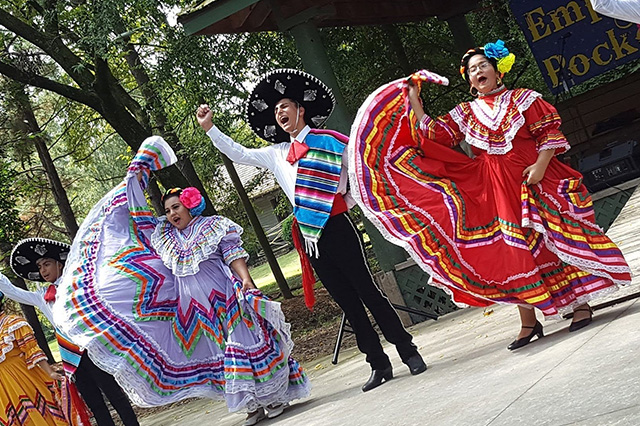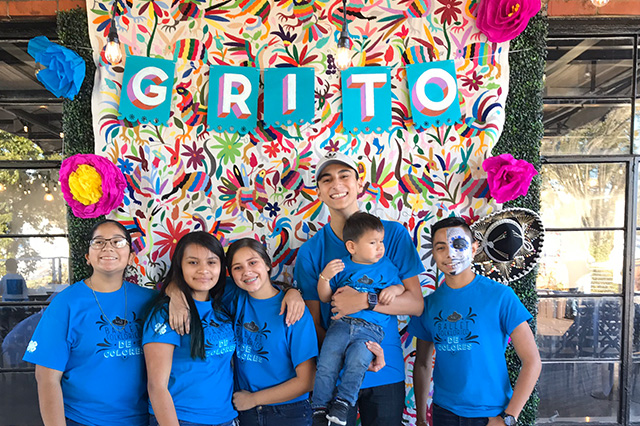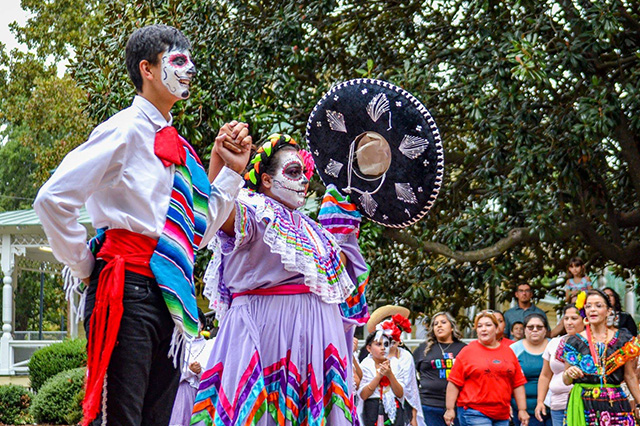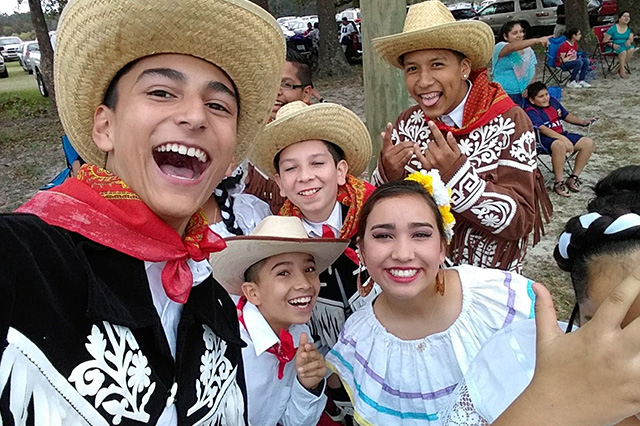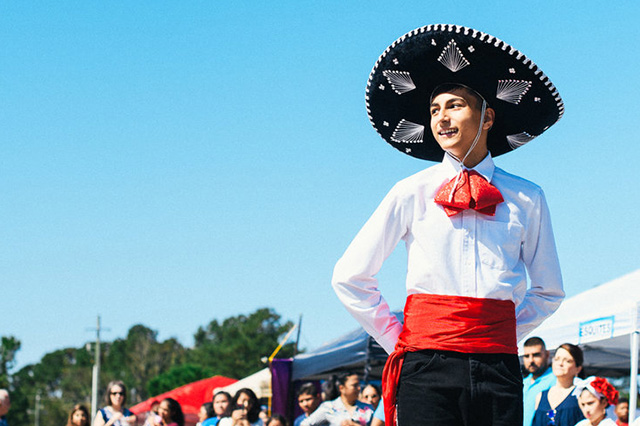My English name is Tashina Red Hawk. My Lakota name is Anpetu Yuonihan Win, which means “Honors the Day Woman.” I represent the Sicangu Lakota Oyate, who are also known as the Rosebud Sioux Tribe. I reflect those who have raised me, taught me, and molded me into the person that I am today. I respect all of Creation and truly believe that we are all related and created equally.
As a Lakota, I was taught that our animals are sacred, and even though animals do not speak our language, they understand us. Many times, I have witnessed an animal’s ability to help and heal a person during their time of need, but I have also experienced this first-hand with a Sunka Wakan “Horse.”
As a young girl, I saw a two-year-old chestnut-colored Appaloosa at a horse sale. While he wasn’t the best looking in the herd, I could tell there was something very special about him, so we brought him home. That year, I had the honor of administering his vaccinations, as well as feeding and gentling him. One day, when I went out to check on him, he was gone! After a week of looking for him, we arranged to meet with a spiritual advisor. Our sacred Lakota ways are a part of my identity, a way of living for me and my family, and I have faith in my beliefs. The spiritual advisor informed us that sickness was coming to our home, but the horse chose to take the illness upon himself. This is the power of a horse – all horses have this ability! Our spiritual advisor told us where to find the horse, and just as he described, we found him beautifully laying under a tree in our 160-acre backyard.
It is experiences like this that have made me passionate about giving back to the animal nation, and with 4-H I’ve been able to do just that. The Rosebud community faces economic hardships, and many people struggle to provide for their pets. The closest veterinarian is 100 miles away round trip and requires a $200 deposit to be seen. Armed with the passion to improve the lives of others in my community and the ethics and morals I learned from 4-H, I began volunteering at the charitable Rosebud Sioux Tribe Animal Clinic as a freshman in high school. Through this volunteer work, I not only found my passion for vet science, but I am able to utilize the skills I learned from 4-H to serve in multiple roles at the animal clinic.
This has helped me find my purpose and spark – to become a veterinarian. My career goal is to use the skills gained from higher education to give back to my community by opening a charitable animal clinic on the Rosebud Reservation, and ultimately, to be the voice of the animal nation.
I feel very blessed to live on the land of my ancestors. The Rosebud Reservation is a sacred place, and we walk and live on her (Unci Maka) gently. I have been privileged with the many teachings that my community, elders and tribe have shared with me. Now, I am grateful that 4-H has given me a voice to share with the Nation about our beautiful way of life.
Tashina Red Hawk is the 2022 4-H Youth in Action Pillar Winner for Agriculture, sponsored by Bayer Crop Science.









